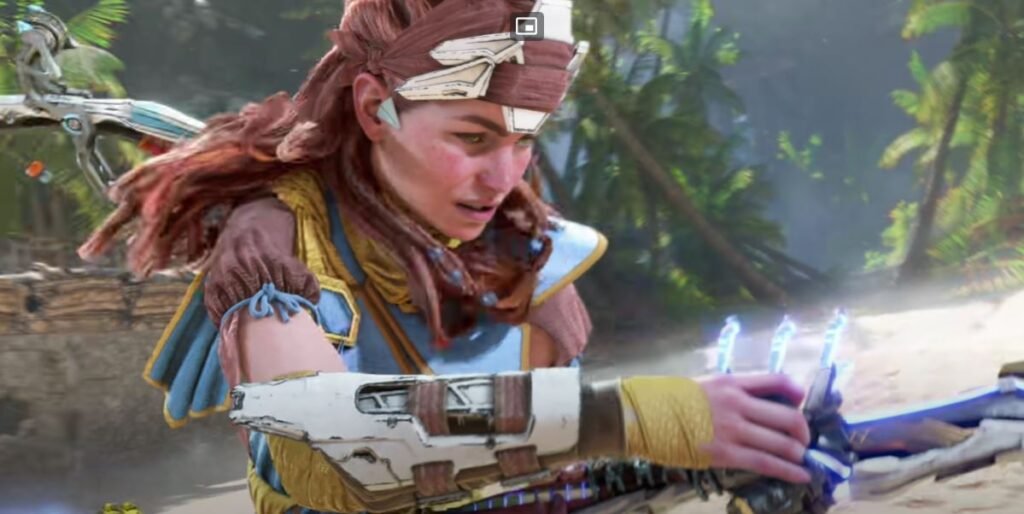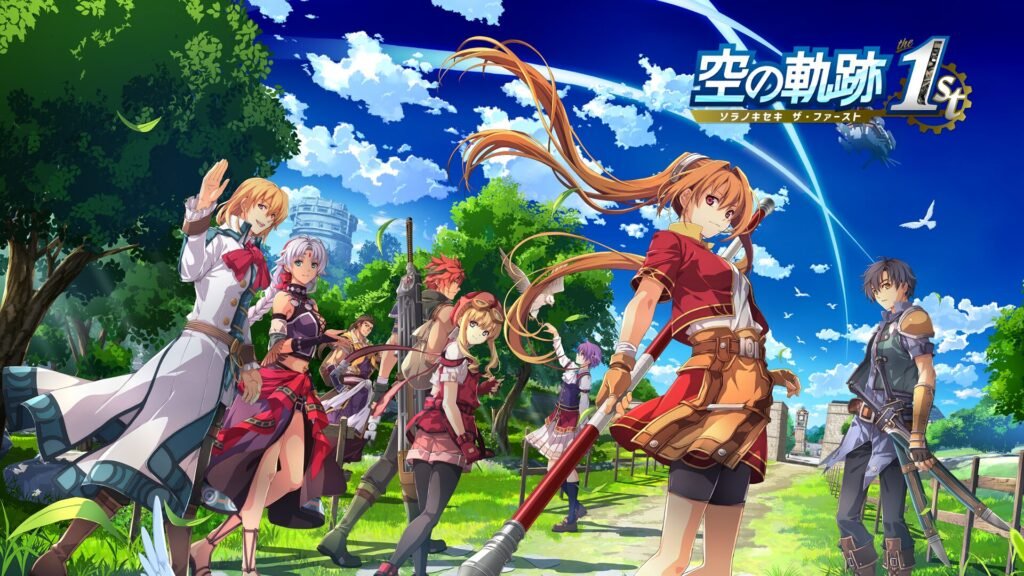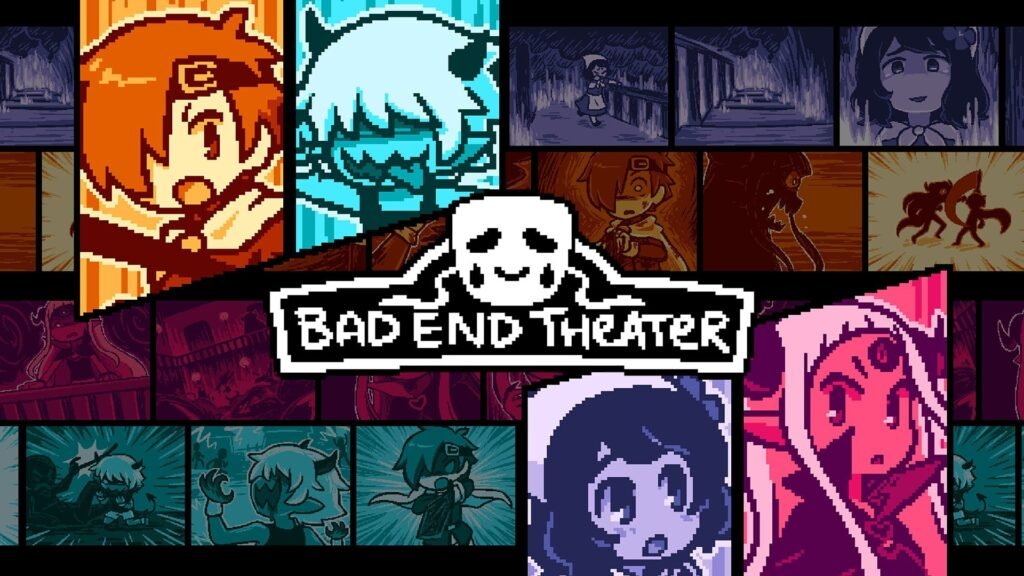Players who complain that the games they play are either too easy or too hard are commonplace in gaming. But Sony is looking for a potential solution to that problem with a changing and adaptive game difficulty algorithm.
Filed as a patent on December 7, 2023, the patent in question is dubbed “Adaptive Difficulty Calibration For Skills-Based Activities In Virtual Environments,” according to Insider Gaming. As the name itself implies, the patent is an algorithm that assesses the player’s abilities in real-time. The gathered data would then be used to either make the game experience easier or more difficult, depending on the interpretation.
Ultimately, the patent is seeking to prolong the player’s engagement while also keeping the experience more enjoyable and satisfying. The feature contrasts traditional game settings where players have to choose between difficulties in what they think would be appropriate for their skills.
What the patent states
Here’s what the patent says:
“The collected data may be evaluated to identify whether a user gaming performance level corresponds to an expected level of performance. When the user gaming performance level does not correspond to an expected level of performance, parameters that change the difficultly of the game may be changed automatically.
“Parameters that relate to movement speed, delay or hesitation, character strengths, numbers of competitors, or other metrics may be changed incrementally until a current user performance level corresponds to an expectation level of a particular user currently playing the game. At this time, the user expectation level may be changed, and the process may be repeated as skills of the user are developed over time.”
In the grand scheme of things, this feature is nothing unique at this point, as it is something we’re seeing in online multiplayer games. Take, for example, the skills-based matching system, which is also a result of an underlying mechanism that measures the player’s ability to play relative to others.
Having something patented may not always translate to its eventual fruition. But still, it makes for an interesting perspective that could make our play experience more immersive than what’s possible.



